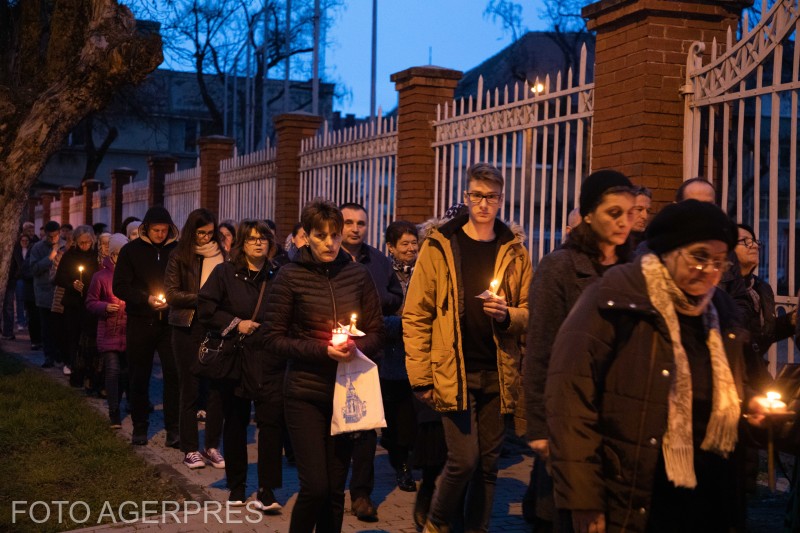New healthcare insurance regulations
The Romanian Health Minister announces a new package of basic healthcare services as of next year.
Bogdan Matei, 14.10.2013, 13:19
Ever since the anti-communist revolution of 1989, few fields in Romania have been subject to so many and yet so disappointing changes as healthcare. Patients, doctors, the administrative staff and political decision-makers alike have plenty of reasons for discontent, from the low quality of healthcare services to outrageous cases malpractice, and from the shortage of medicines and equipment to corruption and incompetence. All these have prompted a westbound migration of both patients and healthcare staff. The patients who can afford it choose to get medical assistance abroad, whereas thousands of healthcare professionals have left the country to get better-paid jobs elsewhere in Europe.
Just like his predecessors, the current healthcare minister, Eugen Nicolaescu has already introduced a set of reforms, which are yet to yield results. In addition, on February the 1st next year a new package of basic services will be available, and the differences between the health care provided to members of the public insurance system and to non-members will be substantial. Eugen Nicolaescu explains: “For people without public healthcare insurance, there will be three major components: prevention, emergency care and national healthcare programmes. The insured will benefit from community assistance, family medical services and outpatient services. All three components include prevention services and current healthcare services.”
The minister added that patients with chronic illnesses would not have to pay the cost of medical tests. In villages and small towns, the ministry will try to reintroduce the so-called around-the-clock clinics, and the staff working there will be better paid. As the media noted, Eugen Nicolaescu initially promised that all Romanian citizens would benefit from the basic service package, whether or not they have healthcare insurance. But the lack of funds curbed the government’s generosity.
An economist by profession, Nicolaescu explained that much of the funding in the system is wasted. For instance, last year some 40% of the 4.4 million procedures performed in hospitals were provided for cases that did not require hospitalisation. The problem is that in-patient services are 18 times more expensive than the corresponding outpatient treatment. The minister expressed his confidence that the new package of basic services will be implemented successfully and in due time. Otherwise, Eugen Nicolaescu added, “in principle I’d have no business running this ministry any longer.”






























